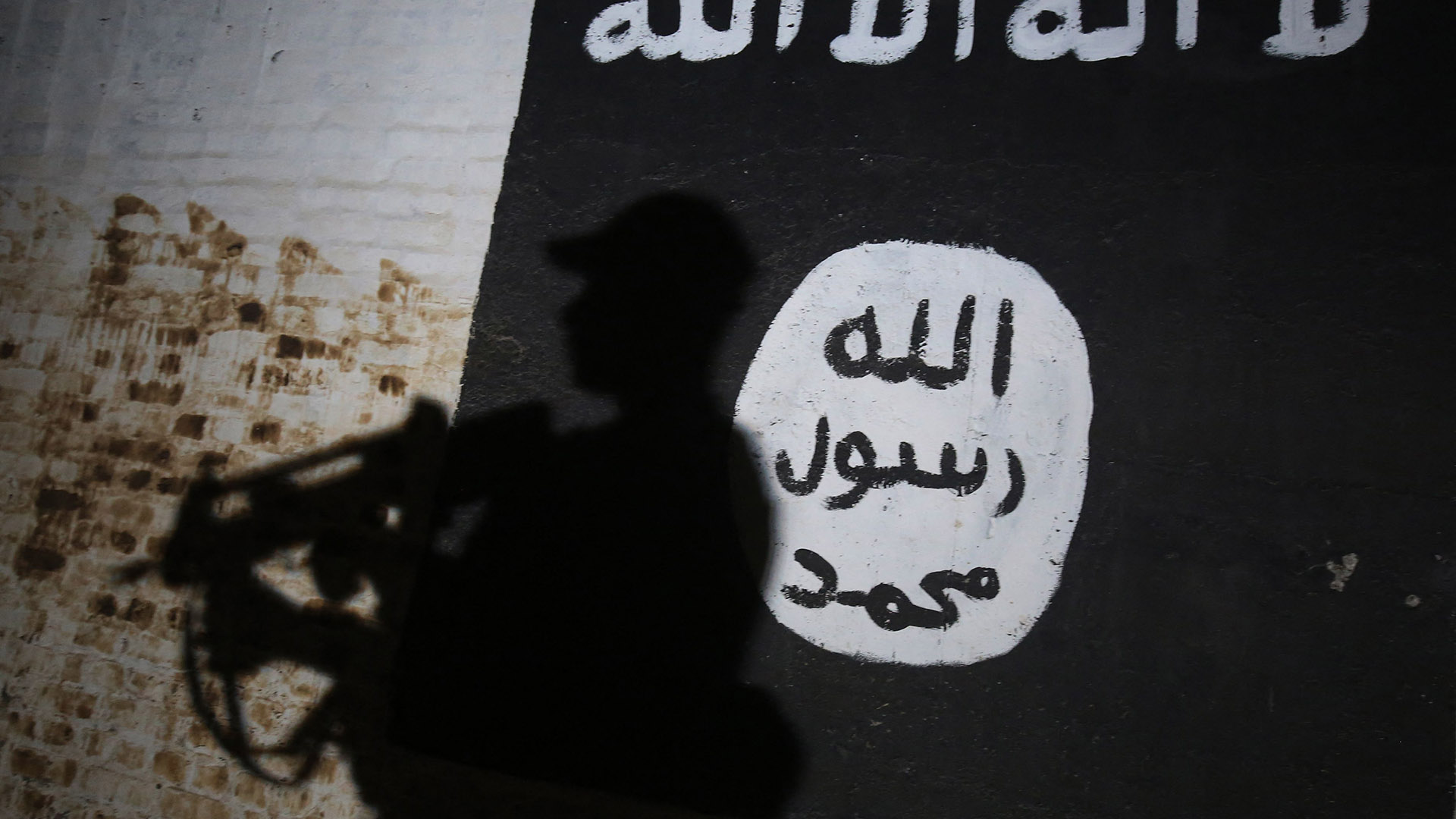

The Islamic State group carried out more attacks in the first half of 2024 in Iraq and Syria than it did in all of 2023, officials at U.S. Central Command said on Wednesday as the terror group continues to reconstitute in the region. ISIS conducted 153 attacks in the first six months of 2024 — a rate of nearly one every day, CENTCOM said. That number is far ahead of the 121 attacks in 2023, a defense official told Task & Purpose on Wednesday.
“The increase in attacks indicates ISIS is attempting to reconstitute following several years of decreased capability,” a CENTCOM news release says.
The surge in ISIS violence comes as U.S. and partner forces have continued to pressure the group. U.S. troops and partner forces have launched 196 operations against ISIS, of which 137 took place in Iraq and 59 were carried out in Syria, according to CENTCOM. These missions have resulted in 44 suspected ISIS operatives being killed and another 166 being detained in the first half of 2024. During 2023, the U.S. military conducted more than 400 operations against ISIS in both countries.
CENTCOM estimates that roughly 2,500 suspected ISIS fighters remain at large in Iraq and Syria.
“We continue to focus our efforts on specifically targeting those members of ISIS who are seeking to conduct external operations outside of Iraq and Syria and those ISIS members attempting to break out ISIS members in detention in an attempt to reconstitute their forces,” Gen. Michael “Erik” Kurilla, head of CENTCOM, said in the news release.
Subscribe to Task & Purpose today. Get the latest military news and culture in your inbox daily.
It has been more than five years since a U.S.-led military coalition to defeat ISIS and partner forces on the ground captured ISIS’ last enclave in Syria, effectively ending its caliphate. Since then, the terrorist group has become an insurgency in Iraq and Syria.
In an exclusive interview on June 20, Army Maj. Gen. Joel “JB” Vowell, the commanding general of Operation Inherent Resolve told Task & Purpose that ISIS no longer controls large swathes of territory, but it remains capable of conducting small attacks and ambushes in both Iraq and Syria.
Vowell also said that the underlying causes of instability that allowed ISIS to emerge have not been resolved in Syria, where dictator Bashar al-Assad has effectively emerged victorious from his country’s ruinous civil war.
“The root causes of instability that gave birth to ISIS are still there,” Vowell said. “There’s economic challenges in the Sunni areas, quite frankly. Those instability challenges are there: lack of education, lack of opportunity, lack of jobs. And extremism is still fomenting out in the deserts in the Middle Euphrates River Valley, in the Sunni tribes.”
U.S. troops deployed to the Middle East face the dual threat of ISIS and Iranian-backed militia groups, which began attacking American forces in the region after Hamas launched its Oct. 7 terror attack on Israel.
Three U.S. soldiers were killed in January by a drone attack on a military base in Jordan known as “Tower 22.” Following the attack, the U.S. and partner nations increased drone defenses at their bases, Vowell told Task & Purpose.
“We leveled the field with force protection,” Vowell said. “We dug a lot more earth. We poured a lot more concrete. We went back to school on ourselves: Where are we still holding risk that’s just unacceptable?”
Vowell’s mission is focused on defeating ISIS, so Iran is not part of his focus. Still, Iran exerts “a great degree of control” over the militia groups that have attacked U.S. troops in Iraq and Syria, he said.
“The revolution, in their mind, must continue since 1979,” Vowell said.
The latest on Task & Purpose
- Here are the ships the U.S. plans to sink in the Pacific this summer
- USS John Basilone, warship named for legendary Marine, delivered to the Navy
- Army graduates first class of recruiting warrant officers
- Navy fires captain of ship that ran aground in Africa
- Do I have to go to my IRR muster duty event?
